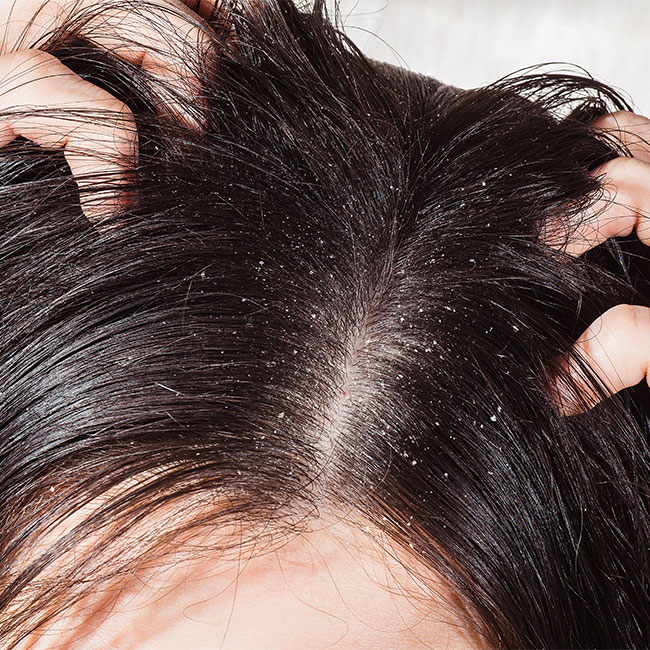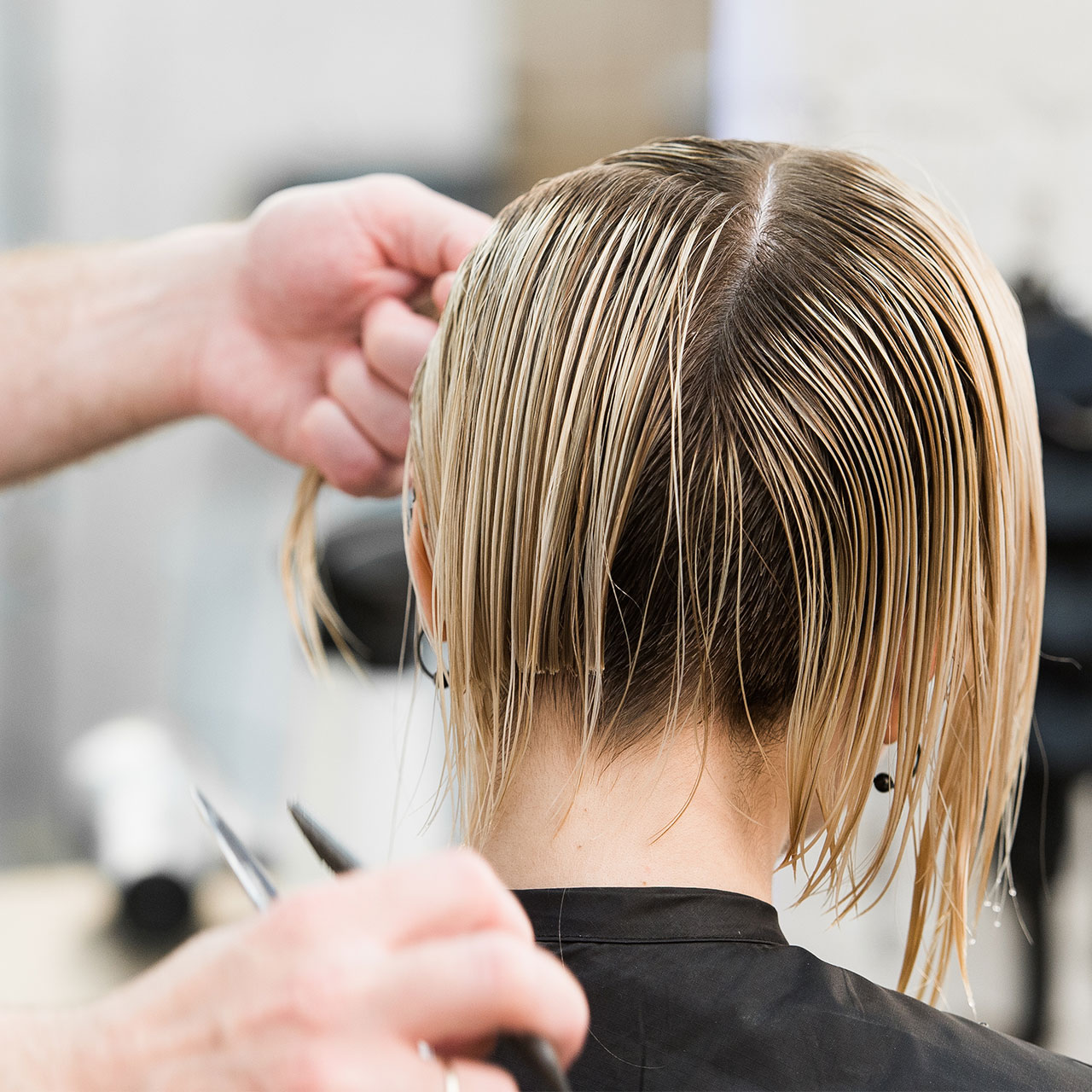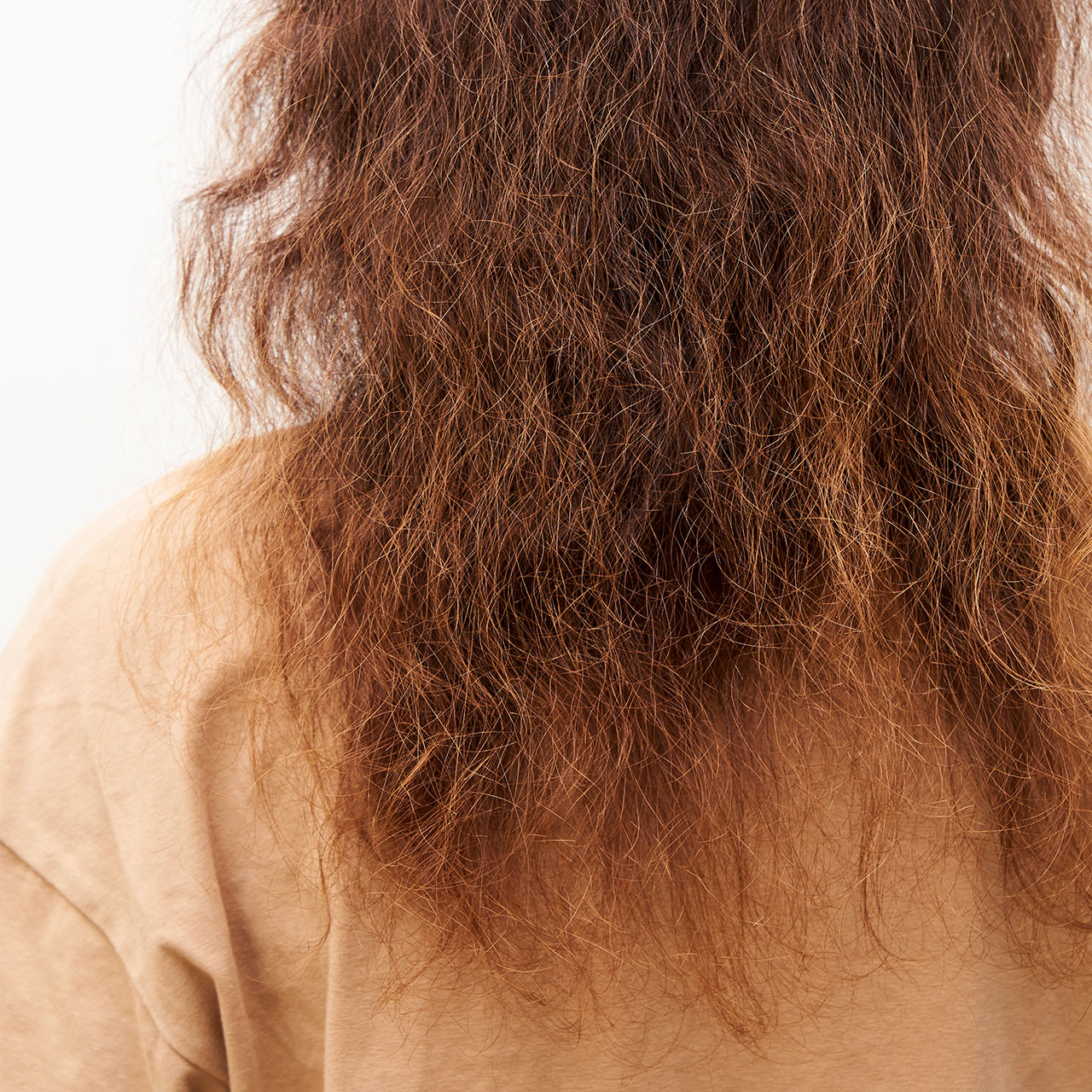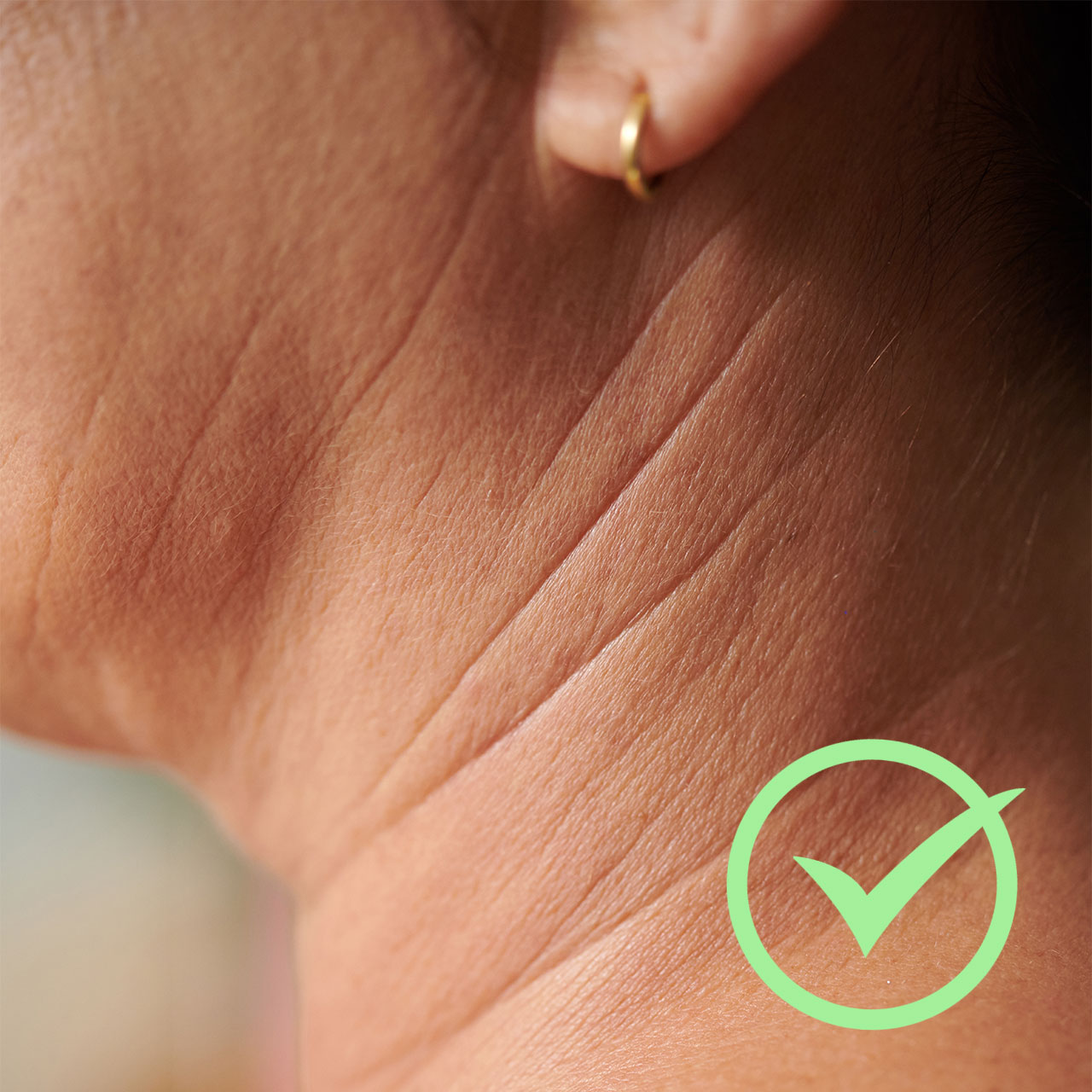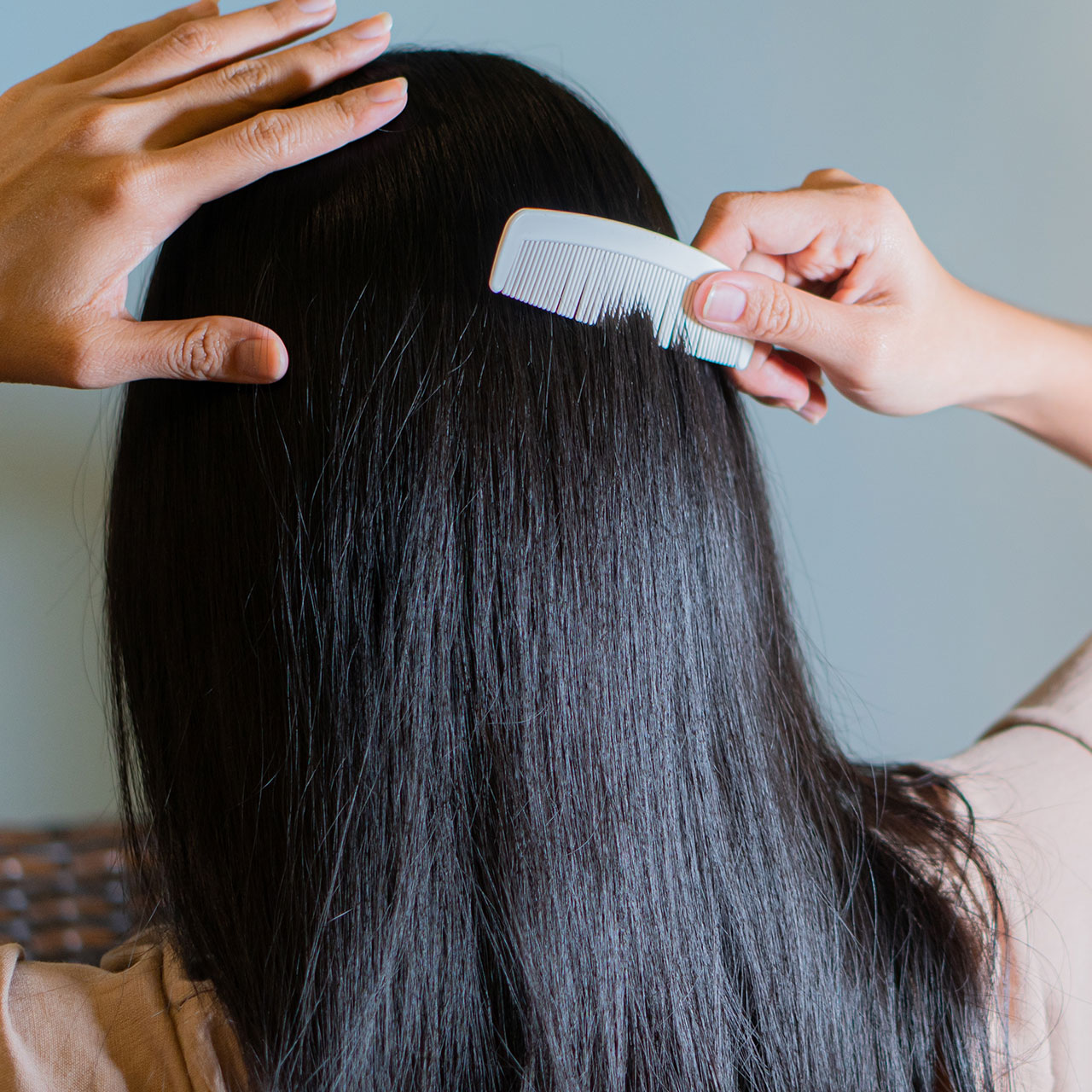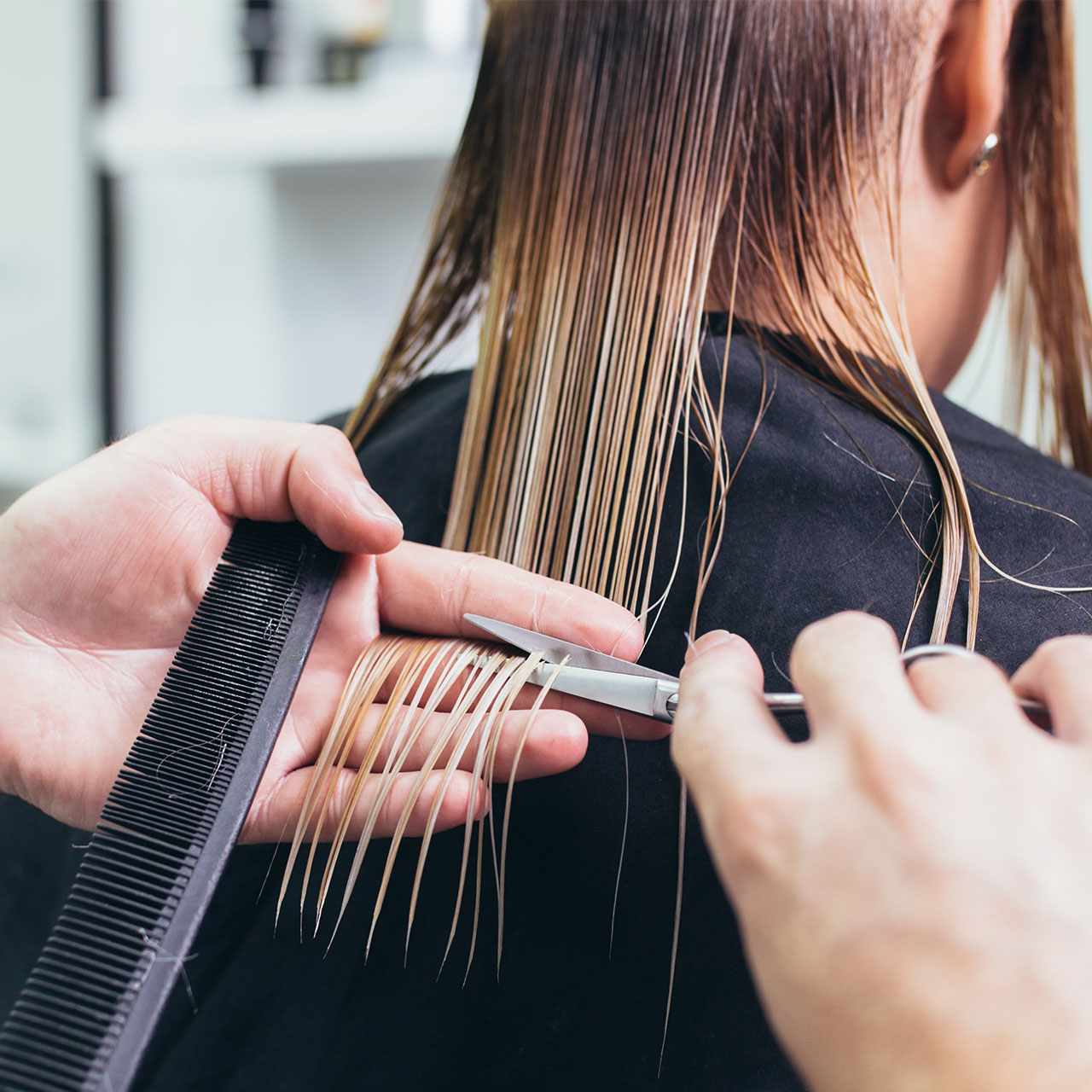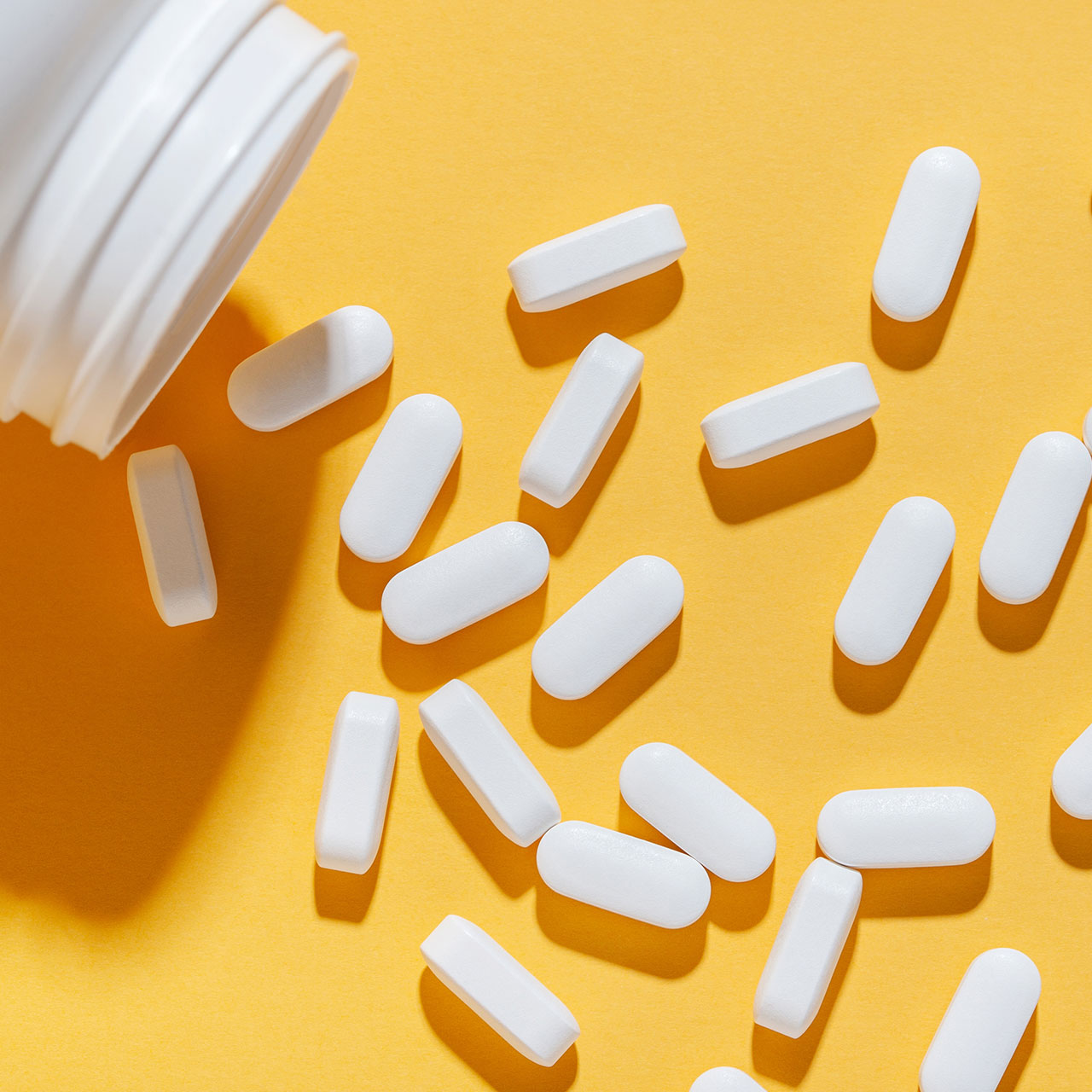If you struggle with dandruff, you’re not alone. This is an extremely common skin and hair issue with a number of causes—but nonetheless, it can be embarrassing and uncomfortable to deal with. Luckily, there are ways to remedy the problem. A few simple changes to your hair routine, like switching out your shampoo, may be able to clear your scalp up and kick those flakes to the curb.
To learn more about the causes of dandruff and the best way to solve them, we spoke to hair experts Alexia Castillo, PhD of Absolutely Everything Curly, and Wankaya Hinkson, CEO and Founder of ONE by Wankaya. Read on for of their top tips and tricks for a healthy, clean scalp.

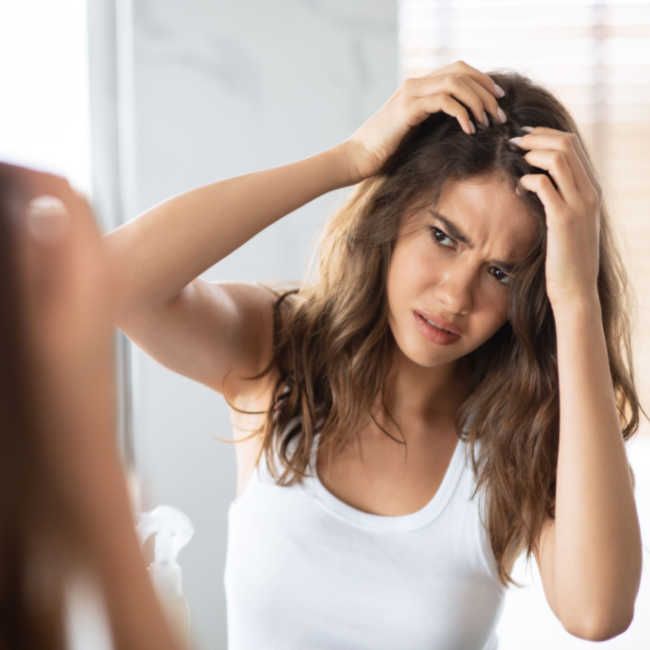
Causes of Dandruff
First thing's first: in order to put an end to dandruff, it's important to pin down the issue at hand. Hinkson says there are several reasons you may be dealing with a flaky scalp, starting with dry skin. "Dry skin is one of the most common causes of dandruff," she says. "And unfortunately, if this is the root of your dandruff, you might see it get worse in the winter."
Additionally, the issue may stem from the fact that you're not washing your hair as frequently as you should be. "When you don't shampoo enough, oil accumulates and builds up on the skin and can cause dandruff," Hinkson explains. "It could be that you don't use enough shampoo, or that the shampoo you use isn't strong enough to break down the oil layer that is contributing to your dandruff."
Another common cause of dandruff is an allergy to certain products you may be using. Hinkson says that if your scalp feels irritated or itchy after using a particular product, this is likely a sign that you have a sensitivity.
Dandruff can also be caused by Seborrheic Dermatitis, a medical condition Hinkson says is "characterized by dandruff as well as redness of the scalp" and looks similar to skin diseases like psoriasis and eczema. An overgrowth of yeast may also be to blame. "Malassezia is a fungus that lives on the scalp and skin of all people. For some, a sensitivity develops which can result in dandruff," Hinkson explains.
No matter which of this issues is causing dandruff for you, have no fear! There are plenty of ways to remedy this common problem. Let's take a look:
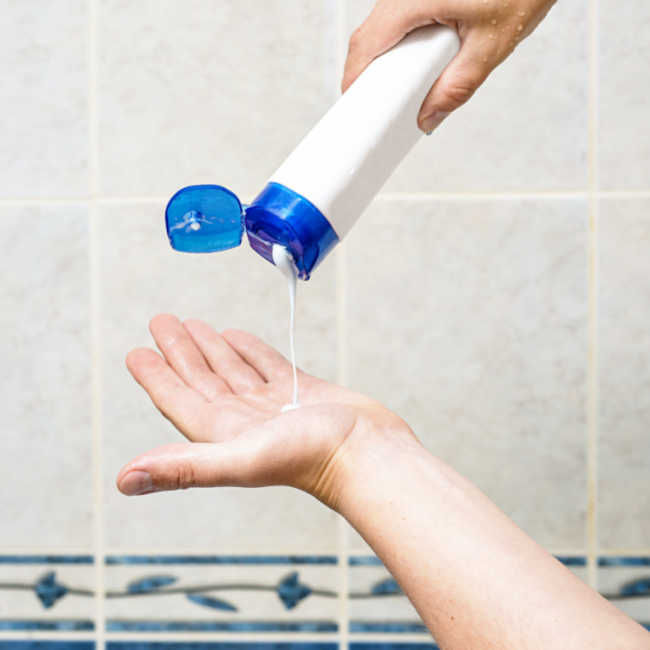
Preventing Dandruff
One of the best hair care habits to avoid dandruff may also be the most obvious: Hinkson and Castillo say you should cleanse more often and use products that are specifically formulated to treat dandruff. "Clarify and cleanse the scalp regularly with diluted apple cider vinegar or a clarifying shampoo to avoid product build-up that may irritate the scalp," Castillo recommends, noting that "there are many sulfate-free shampoos with ingredients such as tea-tree oil, charcoal, and salicylic acid that can help purify or exfoliate the scalp." She says you can even add a few drops of tea tree oil to the shampoo and conditioner you already use. Who knew!
If you want to go the DIY route, Castillo suggests whipping up your own mixture of aloe vera and tea tree oil that you can apply to your scalp every night before bedtime. "Other useful ingredients include peppermint oil (mixed with a suitable carrier oil) and lemongrass oil," she notes.
Since dandruff is commonly caused by a buildup on your scalp, Castillo also suggests taking precautions to avoid the area when applying your hair products (besides the ones that are meant to be applied to your scalp, of course). She says in order to avoid buildup and irritation, it's best to "apply products away from the scalp by starting mid-length and working down to the ends using the praying hands method." This way, your hair can still reap the benefits of all your favorite products, but your scalp stays cleaner than ever!
In addition to adding certain products and ingredients to your hair care routine, it may also be necessary to cut certain ones out if you want to avoid dandruff—starting with any you may have a sensitivity to. Hinkson suggests doing a skin patch test to figure out which products are irritating your scalp. "Aren't sure what exactly it could be? Try using a process of elimination method to determine the culprit," she says.
Finally, there are certain ingredients it's best that everyone avoids if they want to keep their hair clear of dandruff. Hinkson lists parabens, sulfates, phthalates, formaldehyde, triclosan, synthetic fragrances, coal tar, and selenium sulfide. Noted! We'll be sure to steer clear of these next time we're browsing the hair care aisle.





